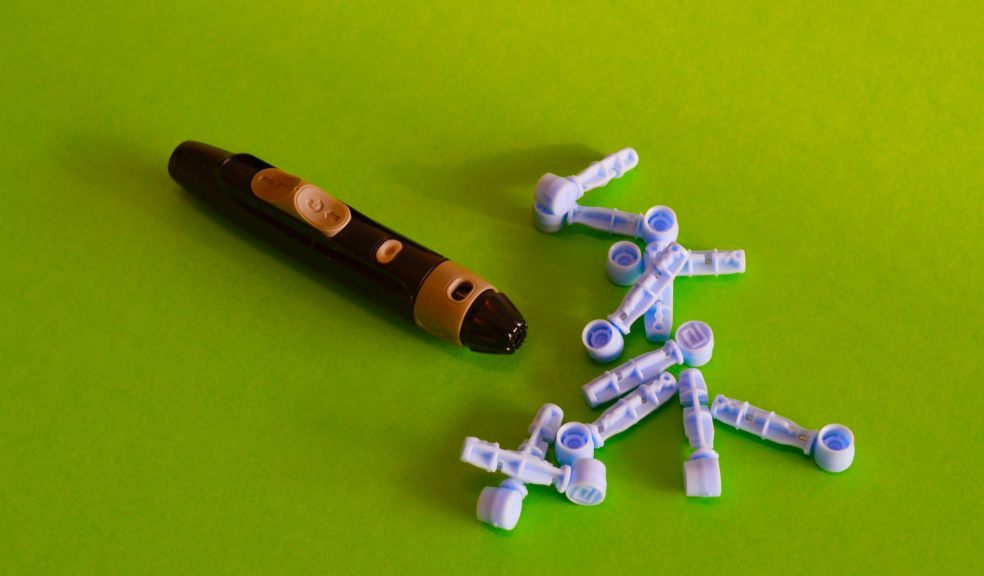
Two types of diabetes and ways to cope with them
Diabetes is one of the chronic illnesses that have no cure despite the millions of dollars spent on research. Although it can be controlled, people diagnosed with diabetes must face the fact it will accompany them for the rest of their lives.
Living with diabetes can be pretty hard. You have to keep up with its daily demands, such as monitoring blood sugar levels, taking medications, and watching what you eat. It's no wonder why a diabetes diagnosis can be a shock physically and emotionally.
There are different types of diabetes, but we're highlighting two of them here. Read on to learn how you or someone you know can better cope with this sickness.
What is Diabetes?
Diabetes is a long-lasting and complex health condition that affects how your body converts food into energy. It occurs when the pancreas is no longer capable of producing insulin essential for controlling blood glucose levels and taking them in your cells to be used for energy.
Diabetic people, therefore, may suffer other serious health problems like vision loss, heart disease, or kidney disease since their body can't maintain healthy levels of glucose in the blood. When they eat glucose that's present in many foods, it can't be converted into energy, causing too much blood sugar to stay in their bloodstream.
Note that this disease isn't one condition. It can come in different forms, but the most common ones are the following:
Type 1 Diabetes
When you have type 1 diabetes, your body produces very little or no insulin. Thus, you would need insulin pumps or injections to get the blood glucose levels under control. This type can develop at any age but usually common in children and adolescents.
Type 2 Diabetes
When you have type 2 diabetes, your body fails to properly use the insulin that it produces. That's why the treatment significantly involves a healthy lifestyle and diet, although most people will require oral medications over time. This type is much more frequent in adults and accounts for nearly 90% of all diabetes cases.
What are the Symptoms?
Type 1 and type 2 diabetes share the same symptoms, but they differ on the onset. In type 1 diabetes, symptoms are usually sudden and can be life-threatening. That's why it is more noticeable and often diagnosed quickly. While in type 2 diabetes, the symptoms can go unnoticed but come out gradually. By the time it's diagnosed, complications may already be present.
Nevertheless, common symptoms may include:
- Excessive thirst
- Frequent urination
- Always feeling hungry
- Slow-healing sores
- Blurred vision
- Itching, skiing infections
Living with Diabetes
Regardless of the type, diabetes is a demanding illness. It can substantially affect your quality of life. Besides the daily treatment needs and maintenance requirements, it is typical for people with diabetes to worry about developing complications in their life frequently.
The following are some of the things that diabetic people most likely face and experience in their daily living:
- Never-ending demands of diabetes care, such as continuous glucose monitoring, administering insulin injections, coordinating meals and medications, and preparing a meal plan.
- Symptoms of low or very high blood glucose now and then
- Fears about or the reality of diabetic complications
- Dealing with diabetes stress
Ways to Cope with a Diabetes Diagnosis
Having a quality of life is important for people diagnosed with diabetes. When you're feeling good about your life in general, you can better take good care of yourself and manage your diabetes. But the problem is, the disease itself affects your quality of life.
If you or someone you know don't know how to cope with the burden of having diabetes, it would be best to talk or ask for help from a diabetes healthcare professional. But for starters, here are some helpful ways to cope with a diabetes diagnosis.
Manage Your Stress
It's easy to know the steps to stay healthy, but sticking with it can be more challenging. Feeling overwhelmed, sad or angry is common if you have diabetes. That's why you must learn to manage the negative emotions related to diabetes. Find an activity that you enjoy to cope with daily stress. It can be exercising, reading a book, or doing breathing exercises.
Cooperate with Your Diabetes Care Team
You cannot do it all by yourself. There should be a team who will take care of you and guide you in managing your diabetes. It may include doctors, nurses, dieticians, or mental health professionals. Cooperate with them and report any changes in your health.
Have a Good Support System
Having a good support system is essential to cope with diabetes. It can be a friend or a family member. However, many hospitals also offer popular service and diabetes support groups. You can join in one group and talk with them whenever you feel stressed or burdened by your condition.
Be ind To Yourself
You may not be perfect at managing your diabetes, but you have to be kind to yourself. It would be hard to take care of your health if you are too hard on yourself. Of course, you have to stick to your diabetes treatment plan but acknowledge that you may not do it perfectly on the first try. Thus, learn to be patient and take the time to relax now and then.
Takeaway
Living with diabetes can be hard. It isn't only about checking your blood sugar levels now and then, taking your medications, making healthy food choices, or being physically active. But it's also about dealing with worry, frustration, anger, and anxiety. Most often, it is the stress that comes with having diabetes that's harder to manage. That's why taking care of your mental health must be part of diabetic care.




















